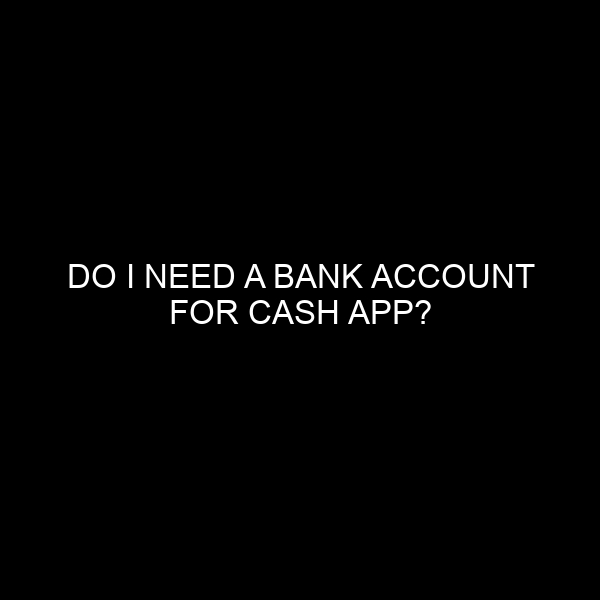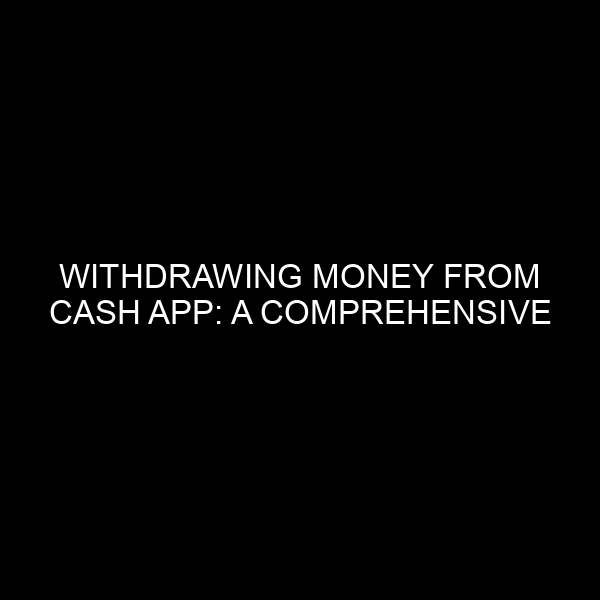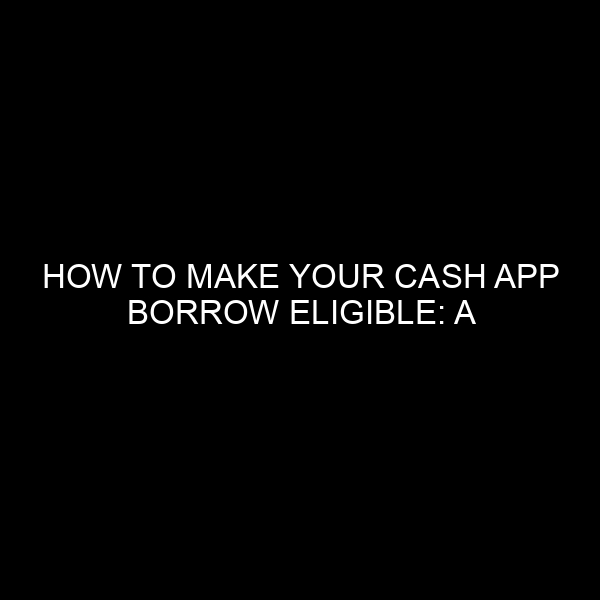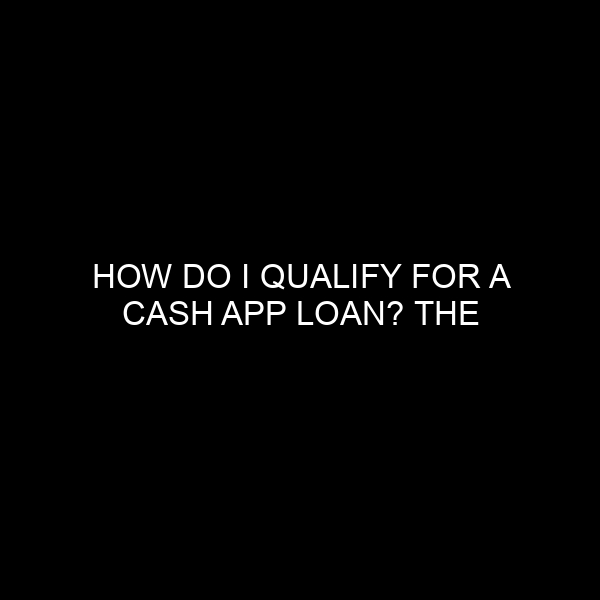Do I Need a Bank Account for Cash App?
Navigating the financial world can sometimes feel like traversing a labyrinth. With the emergence of a slew of digital banking and payment apps, there’s no shortage of questions regarding how each platform operates, especially when it comes to prerequisites like having a traditional bank account. One such popular app is Cash App, developed by Square Inc., a brainchild of Jack Dorsey – yes, the same Dorsey behind Twitter. In this article, we’ll address the million-dollar question: “Do I need a bank account for Cash App?” Drawing upon my experience in the financial market and banking industry, I’ll provide an expert perspective on the subject.
Introduction to Cash App
Before diving into the heart of the matter, it’s essential to familiarize oneself with Cash App’s primary features. Founded in 2013, Cash App was designed as a peer-to-peer payment system. It enables users to send and receive money, much like other platforms such as Venmo and PayPal. Over the years, its feature set has expanded to include the ability to invest in stocks and even cryptocurrencies like Bitcoin.
Cash App: With or Without a Bank Account?
To address our primary question, the simple answer is: No, you don’t strictly need a bank account to use Cash App. However, this comes with caveats.
- Setting Up Cash App: Initially, when setting up your Cash App account, you can do so without linking a bank account. This allows you to receive money from other users. However, if you wish to send money or add funds to your Cash App balance, you’ll need to link either a debit card or a bank account.
- Cash Out Functionality: While you can maintain a balance within the app, there might come a time when you’ll want to “cash out” or transfer those funds elsewhere. Without a bank account or linked debit card, this function becomes challenging.
- Maximizing Features: Although basic money transfers can occur without a bank connection, to truly harness the full power of Cash App – like making direct deposits, getting a Cash Card, or investing in stocks and cryptocurrencies – a linked bank account or debit card is imperative.
Benefits of Linking a Bank Account
While it’s possible to use Cash App without a bank account, linking one offers myriad advantages:
- Higher Sending and Receiving Limits: With a verified bank account or debit card, users enjoy higher transaction limits, both for sending and receiving money.
- Instant Money Transfers: By linking a bank account, you can instantly transfer your Cash App balance to your bank, ensuring liquidity whenever you need it.
- Direct Deposits: Users with linked bank accounts can set up direct deposits, allowing employers to send paychecks directly to Cash App.
- Cash Card: This is a customizable debit card associated with your Cash App balance. With a linked bank account, obtaining and using the Cash Card becomes streamlined.
Safety and Privacy Concerns
Given the increasing number of cybersecurity threats, it’s natural to be apprehensive about linking your bank account to another digital platform. Cash App employs a range of safety measures:
- Encryption: Cash App uses encryption to protect your data and transactions, ensuring they remain confidential.
- Fraud Detection: With sophisticated algorithms, the app can detect suspicious activities and take immediate actions.
- Account Notifications: For every transaction, Cash App sends notifications, keeping users informed and in control.
However, always use unique passwords and enable two-factor authentication where possible for added security.
Conclusion: Making the Most Out of Cash App
While the flexibility of Cash App allows for use without a traditional bank account, linking one certainly amplifies its potential. Whether you’re looking to make seamless transactions, invest in the stock market, or enjoy the convenience of direct deposits, a bank account ensures you can tap into all these features without a hitch.






